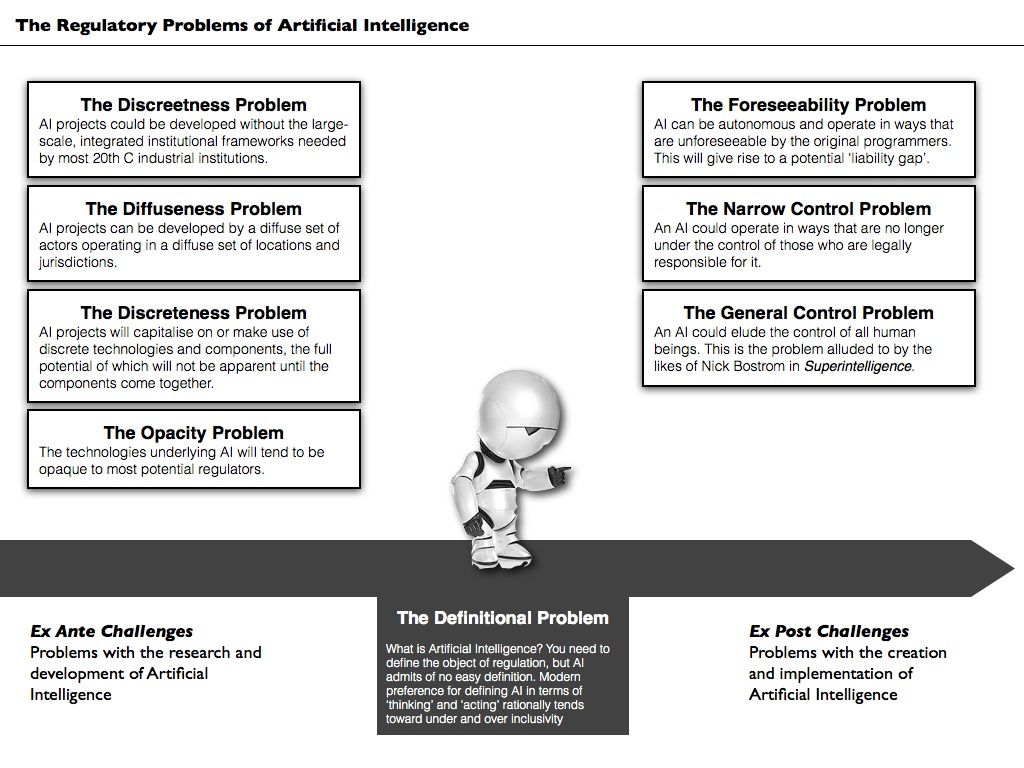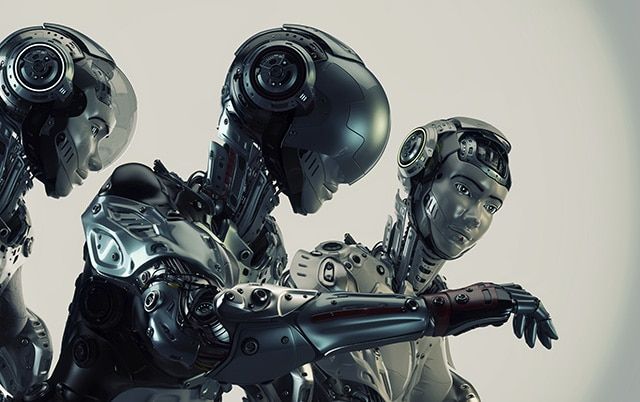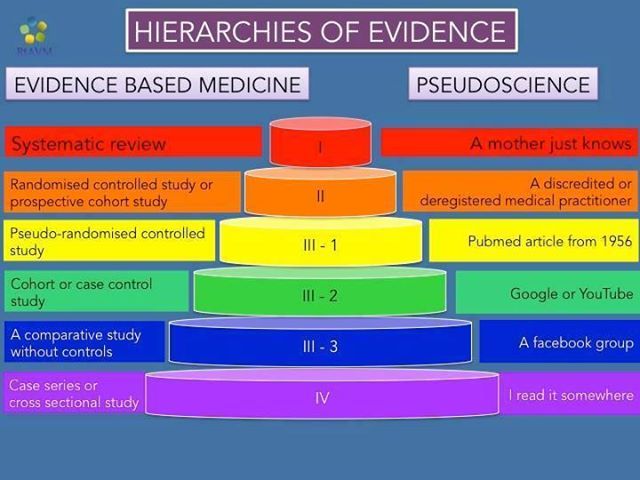Despite worries about threats from artificial intelligence, debates about the proper role of government regulation of AI have generally been lacking.


Despite worries about threats from artificial intelligence, debates about the proper role of government regulation of AI have generally been lacking.

As the brain ages, it becomes less efficient at recycling and eliminating build up of waste; ‘removal vans’ fail to do the rounds, and accumulation starts to overtake removal.
“We found that people in their 30s typically take about four hours to clear half the amyloid beta 42 from the brain,” says Randall J. Bateman. “In this new study, we show that at over 80 years old, it takes more than 10 hours.”
Research has uncovered that a protein called amyloid beta 42 (a natural byproduct of neural activity), is normally removed effectively in youth but the rate of clearance was found to slow progressively with age. Accumulation of amyloid beta 42 can lead to aggregation and consequent plaque formation and a slowdown in removal was tied to symptoms of dysfunction including memory loss and personality change. The study found that the brain disposes of this protein through a number of channels, and more work could uncover ways of boosting waste mangement in ailing brains, thus avoiding this toxic accumulation.


Technology » Forum Email Print Ban Killer Robots before They Become Weapons of Mass Destruction By Peter Asaro | August 7, 2015 Vladislav Ociacia/Thinkstock SA Forum is an invited essay from experts on topical issues in science and technology. Last week the Future of Life Institute released a letter signed by some 1,500 artificial intelligence (AI), robotics and technology researchers. Among them were celebrities of science and the technology industry—Stephen Hawking, Elon Musk and Steve Wozniak—along with public intellectuals such as Noam Chomsky and Daniel Dennett. The letter called for an international ban on offensive autonomous weapons, which could target and fire weapons without meaningful human control.
This week is the 70th anniversary of the atomic bombing of the Japanese cities of Hiroshima and Nagasaki, together killing over 200,000 people, mostly civilians. It took 10 years before the physicist Albert Einstein and philosopher Bertrand Russell, along with nine other prominent scientists and intellectuals, issued a letter calling for global action to address the threat to humanity posed by nuclear weapons. They were motivated by the atomic devastation in Japan but also by the escalating arms race of the Cold War that was rapidly and vastly increasing the number, destructive capability, and efficient delivery of nuclear arms, draining vast resources and putting humanity at risk of total destruction. They also note in their letter that those who knew the most about the effects of such weapons were the most concerned and pessimistic about their continued development and use.
The Future of Life Institute letter is significant for the same reason: It is signed by a large group of those who know the most about AI and robotics, with some 1,500 signatures at its release on July 28 and more than 17,000 today. Signatories include many current and former presidents, fellows and members of the American Association of Artificial Intelligence, the Association of Computing Machinery and the IEEE Robotics & Automation Society; editors of leading AI and robotics journals; and key players in leading artificial-intelligence companies such as Google DeepMind and IBM’s Watson team. As Max Tegmark, Massachusetts Institute of Technology physics professor and a founder of the Future of Life Institute, told Motherboard, “This is the AI experts who are building the technology who are speaking up and saying they don’t want anything to do with this.”

A human rejuvenation trial is set to go ahead in October, in which victims
of Alzheimer’s disease will be given a transfusion of young blood.

“Increased Internet connectivity among cars, appliances, major infrastructure and everyday devices has opened the door to new threats of digital terrorism, say experts at the international digital security conference Black Hat.”

Responding to this nugget from Engadget:
Tokyo’s district court has ruled that it’s not possible for people to own bitcoin, and therefore they cannot sue for compensation in the wake of Mt. Gox’s collapse.
The ruling comes days after the head of the world’s largest bitcoin exchange was arrested on charges of fraud. Judge Masumi Kurachi felt that bitcoins do not possess “tangible qualities” to constitute owned property. Mt. Gox held thousands of individual accounts, and so there’s plenty of angry customers looking for compensation.
Here at Lifeboat, we have a long term view of cryptocurrency, and we sense the underpinning of fundamentals that are often overlooked.
My response to the Tokyo court…
A personal stake in Bitcoin is every bit as real (and a bit more tangible) than a personal stake in Yen, Dollars or Euros. Fiat currency is backed by the knowledge that your national government will demand tax payments in kind. But is it tangible? Like any invention of humans, that’s a matter of perception.
a) Dollars / Yen / Euros
 Over the long term, national currency is likely to be debased by debt, social welfare, war, political ambition, and a desire to redistribute fruits of labor, typically to assuage political ambitions. A built in mechanism of inflation forces a hidden tax and enables legislators to spend beyond the consent of their constituents.
Over the long term, national currency is likely to be debased by debt, social welfare, war, political ambition, and a desire to redistribute fruits of labor, typically to assuage political ambitions. A built in mechanism of inflation forces a hidden tax and enables legislators to spend beyond the consent of their constituents.
b) Bitcoin
 Bitcoin on the other hand is backed by math. It is an asset without the potential for inflation or manipulation. It is a pure supply-demand currency and a pure 2-sided network—completely unfettered by the chaff that comes with central banks and national treasuries.
Bitcoin on the other hand is backed by math. It is an asset without the potential for inflation or manipulation. It is a pure supply-demand currency and a pure 2-sided network—completely unfettered by the chaff that comes with central banks and national treasuries.
A stake in Bitcoin rises over the long haul, because the total quantity of currency is capped. As it is adopted for payments and commerce, a fixed pie is sliced thinner and thinner. This results in increased value per unit. Result: A deflationary economy without the baggage of sluggish economics.
Japan has made a foolish pronouncement; one that will ultimately embarrass their courts. Declaring Bitcoin ethereal is laughable when you consider that paper money is no more tangible than an unfulfilled promise. Likewise, declaring the theft or mismanagement of Bitcoin unworthy of recovery or restitution is no different than declaring the theft of art unworthy of restitution. Consider that each Mt. Gox account holder has proof of a real dollar investment position and an appreciation that is reported and tracked by exchanges all over the world.
Wake up Japan. You have so much more to offer the world than a distorted interpretation of a new technology.
Philip Raymond is Co-Chair of CRYPSA,
Cryptocurrency Standards Association

Study uncovers a role for a protein that works as a master regulator of regeneration in the skin.

My new Huff Post Op-Ed on the Immortality Bus and transhumanism: http://www.huffingtonpost.com/zoltan-istvan/why-a-presidential-candidate-is-driving-a-giant-coffin-called-the-immortality-bus-_b_7928826.html And if you haven’t donated something to the Indiegogo campaign for the bus, please consider doing so, as there’s only four days left and we’re currently short $9000. Anyone from any country can donate. Please also share the campaign. Thanks! https://www.indiegogo.com/projects/immortality-bus-with-presidential-candidate-zoltan/x/6837406#/story
On my tour called the “Immortality Bus,” I’m hoping to share with others that we should support a society and culture that is strongly pro-science and pro-longevity. My team and I plan to have embedded journalists aboard the bus, documenting our trip and enlivening the conversation.
Unfortunately, many people in America and around the world — especially those who believe in afterlives — are neutral or even oppose stopping biological death and aging with science. They feel it challenges what is natural in the human species. Transhumanists call these people “deathists,” those who believe and accept that death is a desirable fate.
